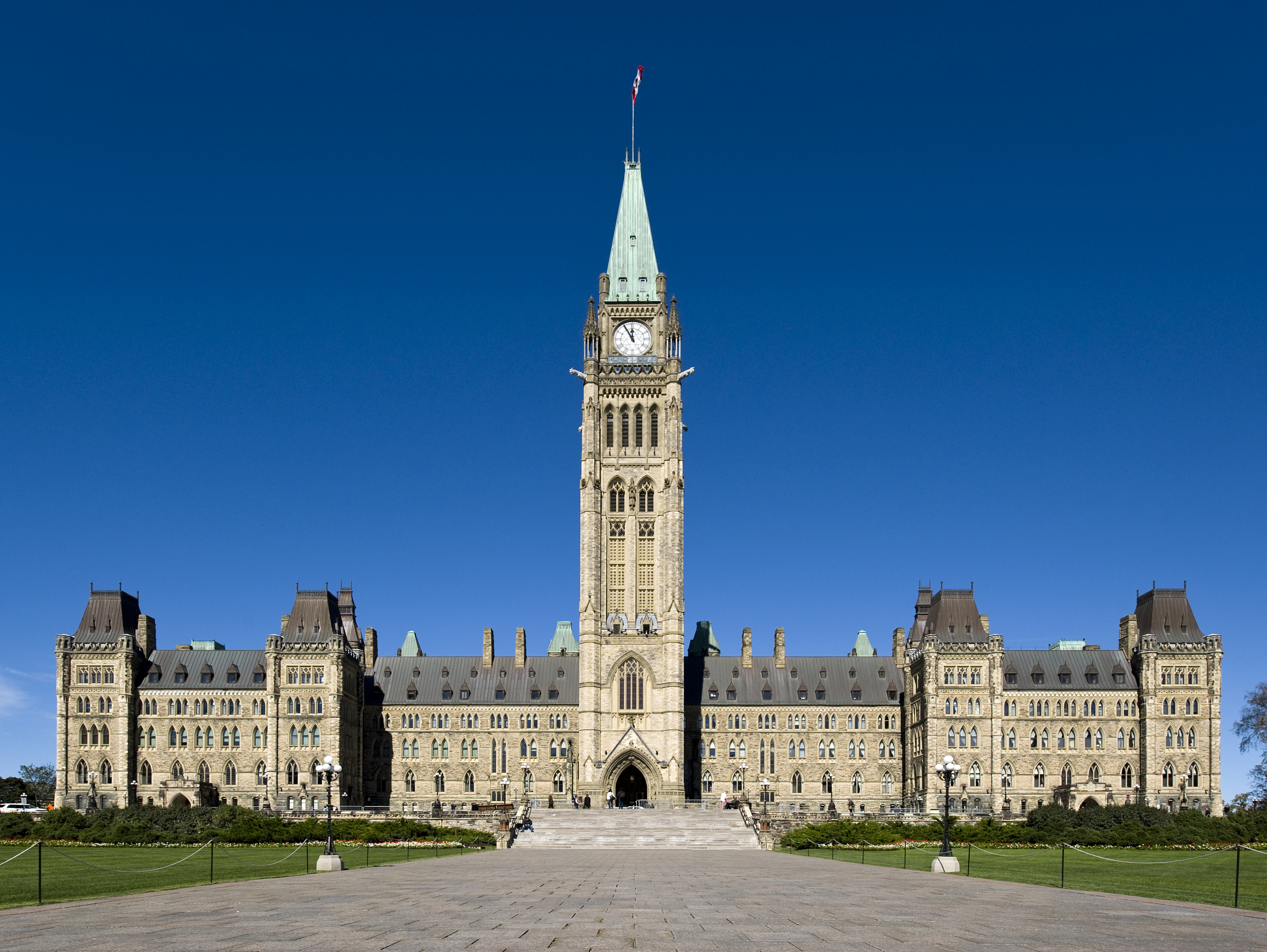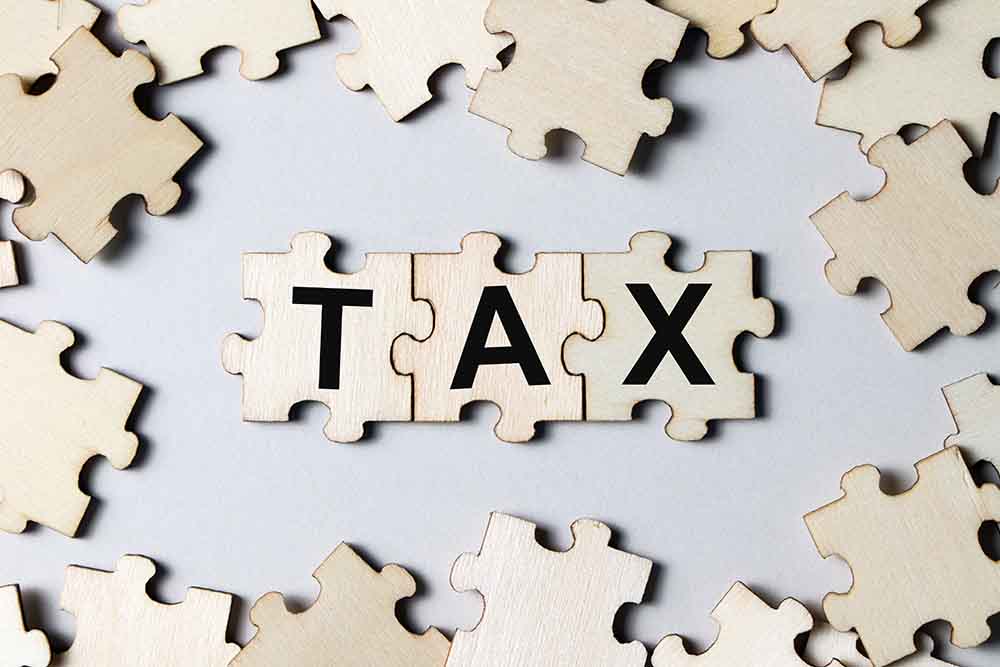“We have that chance right now, and it’s called The Robin Hood Tax. A tiny fee on the trade in financial transactions – paid by banks, not by people – would raise billions of dollars for fighting poverty and climate change at home and around the world,” says www.robinhoodtax.ca
I wrote earlier about the Robin Hood Tax, a financial transaction tax similar to the earlier idea of a Tobin tax. The proponents of this tax insist that it will be paid by banks, not individuals.
Transactions are the result of human action. However, tax-tivists are dehumanizing financial actors and degrading them to financial institutions.
Another assumption tax-tivists make is that there is a narrow choice between people or markets, suggesting that the two are mutually exclusive. The reality is not that simple. When the markets are “doing poorly” there is more overall poverty.
Dennis Howlett, the National Coordinator of Make Poverty History, the organization coordinating the Robin Hood Tax campaign says, “this would include all trade of stocks, bonds, derivatives, and contracts for commodities, exchanging currency […] The people trading these things, in some cases they’re banks, but they’re also other financial institutions like insurance companies and rich individuals who make their money trading, buying, and selling these sorts of things.”
Howlett insists that the transaction tax will be so tiny (0.05%) that it will hardly make a difference to individuals. He says, “This is a tax that would not be paid by ordinary Canadians. Most people aren’t playing the stock market. Now they may have some retirement savings in some kind of an investment in a bank, where the bank is then trading those investments. Most ordinary Canadians would not directly pay this tax at all.” Not directly!
Tax-tivists attack financial transactions as the cause of financial instability. By putting a tax on these transactions though, it can only be anticipated that the banks will make their customers pay this tax for them in higher fees or by devaluing their investments. The implications of this Robin Hood tax would certainly trickle down to all individuals who make financial transactions, and that’s all of us.


